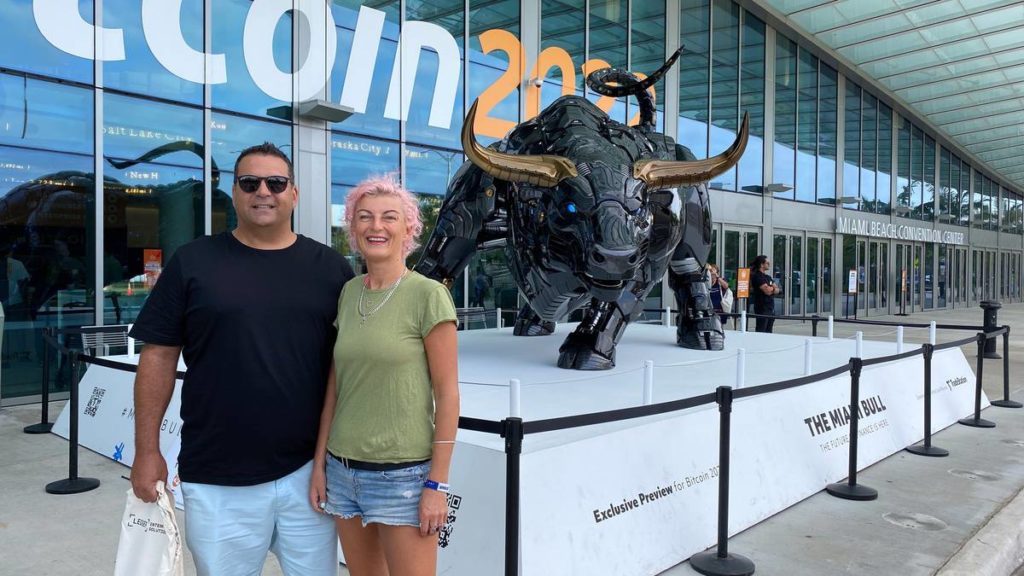When a new idea comes along that’s complicated, it’s human nature to be disparaging; it saves us the mahi of actually understanding it.
American billionaire Warren Buffett has said about Bitcoin, “It’s probably rat poison, squared”.
Most of the media air time given to Bitcoin goes to detractors such as Buffett, Gates and Krugman, who all share extraordinary wealth, as well as the old-white-man look that dominates the ‘I’m-an-expert’ category.
Another aspect of human nature is to see everything from our own worldview.
Autocratic rule, weak monetary policies, censorships, surveillance, brutality and other human rights abuses are issues that around 6.6 billion people live with.
Bitstamp, one of the world’s first exchanges to trade Bitcoin back in 2011, has released the results of a study of 28,000 investors from 23 countries.
At the Bitcoin Conference 22, held in Miami in April, of all the innovative, exciting panels and discussions that I listened to about the future of Bitcoin, the most compelling and profound was a panel discussion called Bitcoin is Freedom.
The network’s currency is bitcoin – note the lowercase ‘b’ just like in dollar or pound.
Anyone can set themselves up as a node, join the network and benefit from the financial rewards of mining blocks in return for providing the computational power needed to solve the cryptographic puzzle.
No bank is needed, no foreign exchange costs need to be paid, there’s no need for handing over my driving licence and taking photos of myself, no digging out old passwords for long-forgotten emails, no being on hold to the bank while they verify the information and make their own decision on whether I can send my own funds anywhere, nothing.
Along with Alex Gladstein from the Human Rights Foundation, there was Yeonmi Park, a woman activist who escaped from North Korea aged 13 and was sold into sexual slavery, Farida Nabourema, a Togolese activist, and Fadi Elsalameen, a Palestinian activist.
She said that for the 300,000 women who were trafficked into China who have no identification and no bank account, memorising the 12-word key to a digital wallet containing just US$50 worth of bitcoin would be a route to freedom.
There are 14 African countries today using the CFA Franc, colonial money which was created by the French government and based, Farida Nabourema from Togolo said, on a currency system: “The Nazis created in World War II, which was imposed on the French during Nazi occupation of their country.
He said: “The upper classes use the US dollar as their unit of account, but for the poor outside the cities, dollars are officially illegal.” After his brother was arrested for having a US$20 bill in his pocket, Kal set up a network where he pays freelancers, designers and translators in bitcoin.
Many critics have argued that African countries cannot achieve economic freedom while they are being controlled by France.
They can use bitcoin to pay for groceries, a car, or store value from the work they have done.
A 2020 report released by the Financial Crimes Enforcement Network in the US said that the Government is either unwilling or unable to prevent trillions of dollars from flowing through the traditional financial systems as a result of financial corruption.
You can be 5 years old, or 80, have no bank account or live anywhere in the world under the most terrible political injustices and corruption.
